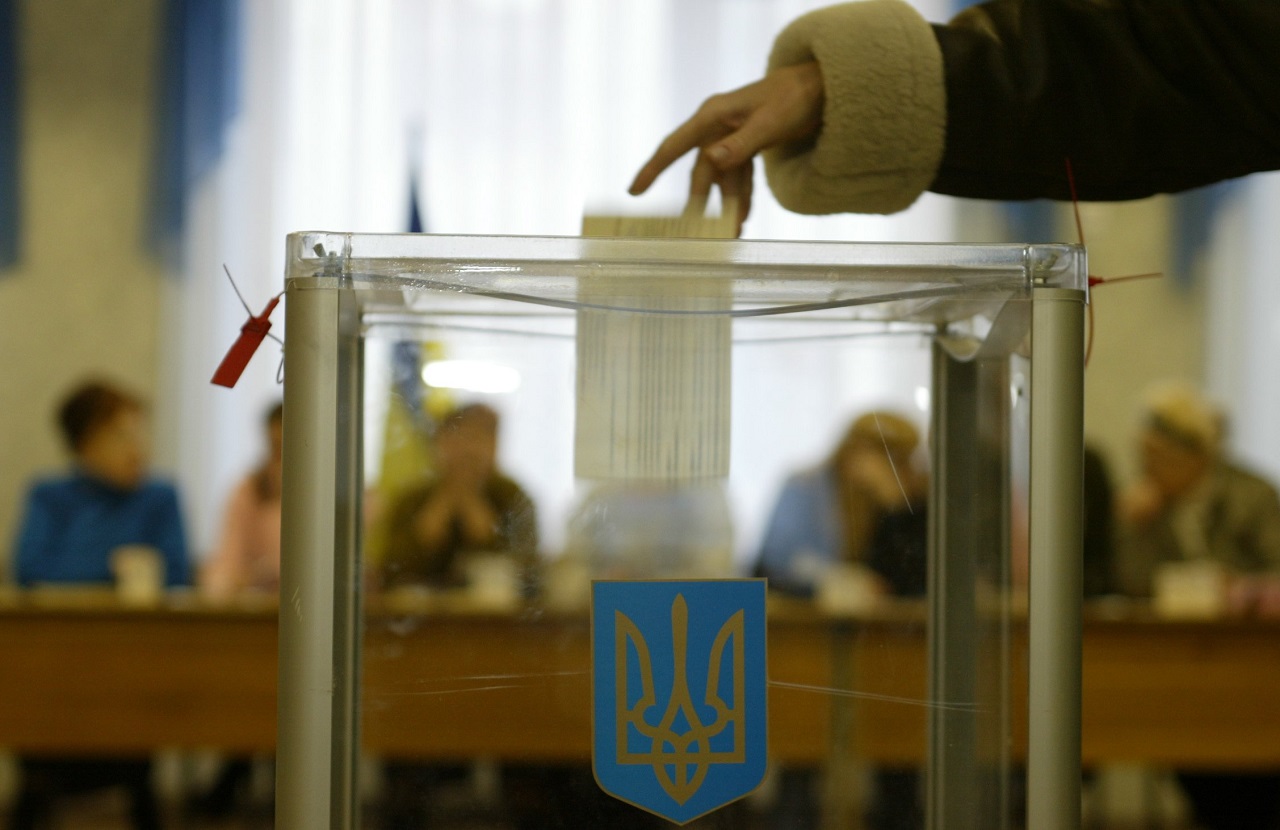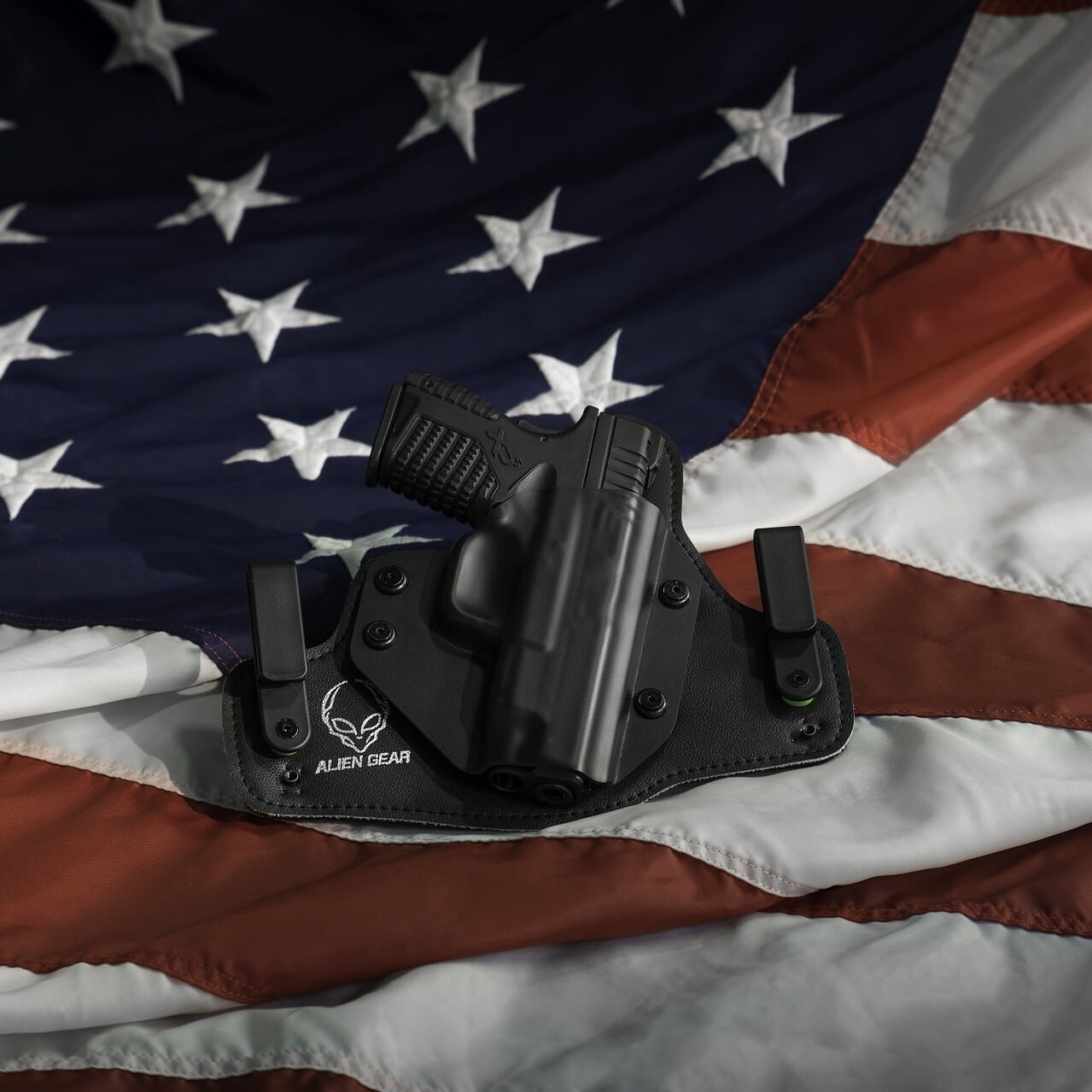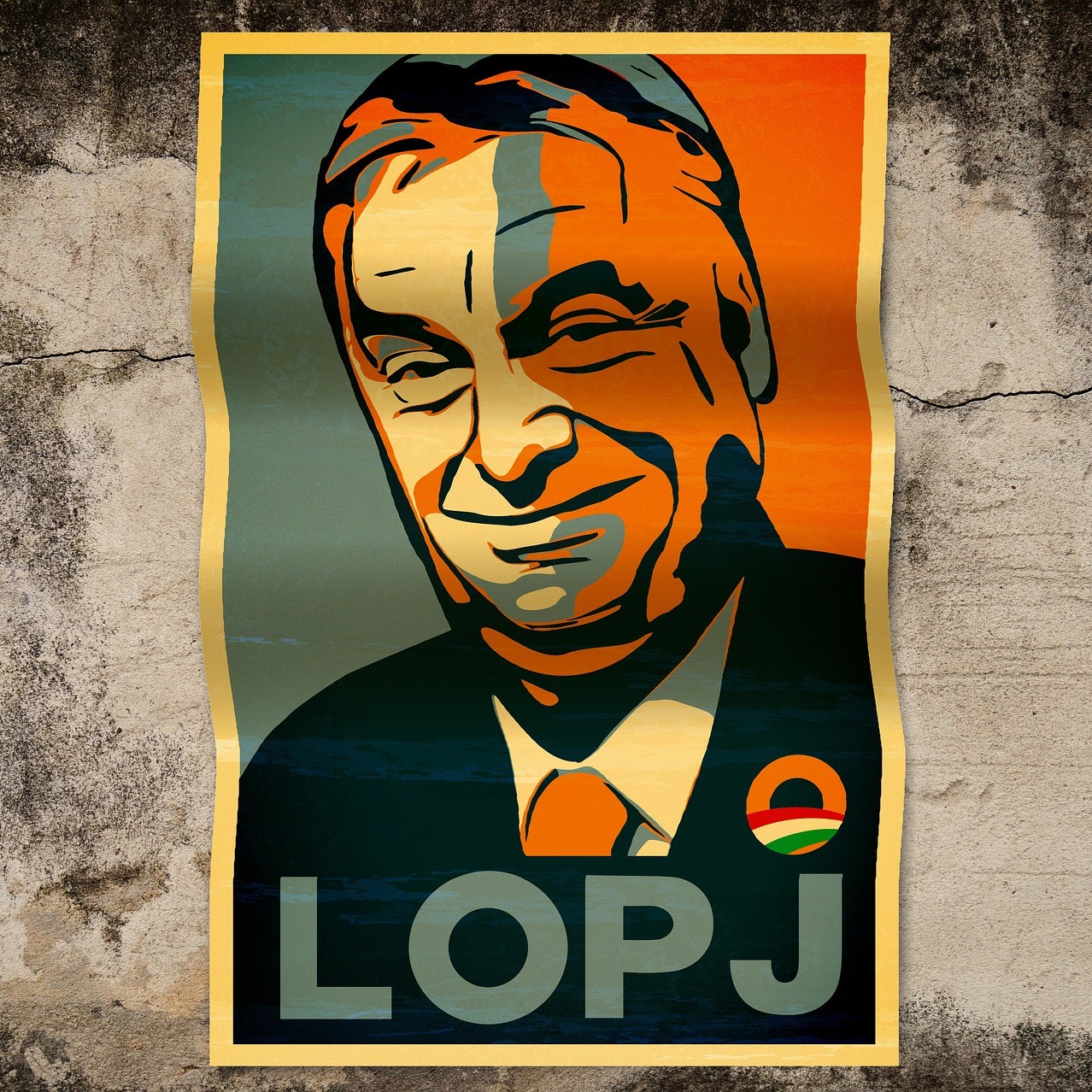At the end of 2013, Viktor Yanukovych, Ukraine’s president, postponed signing an association agreement with the European Union, choosing instead to pursue closer ties with Russia. Protesters began massing on Kiev’s central square, known as the Maidan. Weeks of tension spilling into violence culminated with Yanukovych’s ouster on February 22. Russian President Vladimir Putin looked on with anger and alarm. Suppose that what had happened on the Maidan sparked similar protests in Russia?
Putin began to refer to the Ukrainian government as a “junta” in speeches. The term belonged to the Soviet propaganda lexicon: the Kremlin used it to describe the Latin American dictatorships the United States supported during the Cold War. Putin’s revival of this language marked a steep downturn in relations between Moscow and Kiev. Russian state-controlled media took up a propagandistic narrative, in which the new Ukrainian authorities were illegitimate and Russia would not hesitate to “protect” the Russian-speaking citizens of Ukraine from these “fascist usurpers.”
The actions Russia took after Yanukovych’s ouster—the annexation of Crimea and the aggressive military support for pro-Russian separatists in eastern Ukraine—are well-known. For Putin, such moves signaled Russia’s rebirth as a great power, ready to ignore world opinion in the pursuit of its national interests. And Putin’s Ukraine policy was at first extremely well received domestically, benefiting from a sophisticated television propaganda campaign as well as a rise in popular revanchist sentiment.
Putin achieved a near record high of 86 percent approval in the months after annexing Crimea. As a result, he considers any concession on Crimea a redline he cannot cross without jeopardizing his hold on power. This position forecloses the possibility of reconciliation with Kiev for the foreseeable future, since the majority of Ukrainians will not accept the loss of the peninsula. Moreover, with presidential and parliamentary elections fast approaching in Ukraine, Russia sees a chance to return the country to its sphere of influence. The Kremlin wants to take advantage of the sharp political divide in Ukraine and, in case of a possible change of power, force Kiev to make concessions. Donbas, the separatist region in Ukraine’s east that is totally controlled by Moscow, will remain Russia’s main bargaining chip in this game.
Moscow views Ukraine’s upcoming presidential elections in late March as an opportunity to change the political course in Kiev. Russian optimism dates to 2004, when Ukrainians had displaced a different Moscow-friendly government through street protests known as the Orange Revolution. The pro-Western beneficiary of that movement, President Viktor Yushchenko, governed for just five years before Ukrainians grew disenchanted with the pace of reform and went on to elect Yanukovych in 2010.
The situation today is remarkably similar. The current Ukrainian president, Petro Poroshenko, has failed to deliver on voters’ hopes. Many Ukrainians believe he has done little to fight corruption or raise living standards, his approval ratings have been disastrously low at least since 2016 if not before, and he polls well behind the other two leading candidates for president. Poroshenko has desperately tried to regain lost ground, for example by pressing for an autonomous Orthodox Church of Ukraine, independent from the Moscow Patriarchate, but his popularity remains low. Openly pro-Russian candidates, however, are also unpopular in Ukraine since the events of 2014.
At the moment, one of the front-runners for the presidency is Yulia Tymoshenko, a seasoned and charismatic veteran of the Ukrainian political scene who currently channels both populist and pro-European tendencies and has been highly critical of Poroshenko. The Kremlin treats her more favorably than it does the incumbent president, despite the fact that she publicly criticizes Poroshenko’s policy toward Russia as insufficiently rigorous. Putin knows her well from her role in negotiating a 2009 Russian-Ukrainian gas contract that turned out to be beneficial for Moscow. In Putin’s eyes, Tymoshenko’s cynicism and willingness to negotiate behind the scenes make her a good potential partner despite her anti-Russia rhetoric. Indeed, she has expressed willingness to hold talks with Russia mediated by the United States and the United Kingdom.
But Tymoshenko is not the only serious contender. Volodymyr Zelenskiy, a comic actor and young populist, announced last month that he will also seek the presidency, injecting a degree of chance and unpredictability into the election. Zelenskiy took the lead in January polls and could well find himself in a second-round runoff with Tymoshenko. He has declared that he is ready to start direct negotiations with Russia to end the conflict, and both his personal and his business background make him a likely favorite among Russian speakers in the country’s southeast. He comes from the eastern region of Dnipro, and his television studio produces programming in Russian. His image recently suffered a blow, however, when Ukrainian journalists discovered that he holds a financial stake in the Russian film business.
For Russia, the long game requires paying attention not just to the Ukrainian presidency but to the Verkhovna Rada, or the parliament. Yanukovych had belonged to the Party of Regions, a pro-Russian bloc rooted in the east of Ukraine. Since 2014, that party has been disbanded, its remnants swept into the much smaller and less effectual Opposition Bloc. Now Viktor Medvedchuk, a well-known pro-Russian politician closely associated with Putin, plans to create a coalition of former Party of Regions members to correct the country’s pro-Western course and try to reconcile with Russia. The Ukrainian political landscape, however, has changed, and not all former Party of Regions members are willing to cooperate with someone who is believed to be Putin’s friend.
Indeed, for the first time since Ukraine’s independence, national elections will not feature a powerful, pro-Russian force capable of winning. Given the strong anti-Russian sentiments in Ukraine, open support from Moscow does candidates more harm than good. And so the Kremlin will likely try to enact its will by manipulating information and fomenting propaganda narratives that stoke division within Ukrainian society. Russian pro-government media outlets, for example, describe the newly independent Orthodox Church of Ukraine as a tool for the persecution of those who still look to the Moscow Patriarchate. These outlets predict a “religious war” over Orthodox shrines.
Ukraine’s elections take place within the context of continuing conflict in the country’s east. In Donbas, the eastern region over which the Ukrainian government exercises little if any control, the Ukrainian army still skirmishes with pro-Russian separatists who enjoy Russia’s full support. The Minsk process, which includes agreements concluded by Ukraine and Russia with the participation of Germany and France, has reached a dead end. In the autumn of 2018, the self-proclaimed people’s republics of the cities of Donetsk and Luhansk held elections that were not recognized by Ukraine.
The two countries have little to offer each other in possible negotiations. Ukraine fears that the reintegration of Donbas and its pro-Russian population will destabilize the country and that the separatists’ supporters would then be elected to the parliament. The continuation of the war in the east has also furnished Kiev’s politicians with an excuse to drag out reforms while asking for additional aid from the West.
For Russia, Donbas serves as an instrument through which to exert pressure on Ukraine. The authorities in the unrecognized republics are completely under Kremlin control, ready to fulfill any instructions—whether to return to Ukraine as advocates of the “Russian world,” the sprawling sphere of Russian cultural and political dominance that Moscow seeks to build, or to carry on as the leaders of unrecognized republics, or even to formally integrate their territories with Russia. Moscow floats the economies of the Donbas republics and provides many of the social programs that Ukraine withdrew when it declared these territories a zone of Russian occupation.
Regardless of who wins the upcoming elections, confrontation between the two countries is likely to continue. The situation in the Sea of Azov is a good example of what the next standoff could look like. Russia considers the Azov to be a part of its territorial waters, and the zone of the Kerch Strait has become particularly important since Moscow built a bridge across it connecting Crimea with continental Russia. But Ukraine sees Russian control of the Sea of Azov as a threat to its national interests, not least because Russia could then block access to Ukrainian ports that are crucial to the country’s economy.

Ukraine suspects that Putin plans to seize these ports and their adjacent territories in order to both establish a land corridor to Crimea and ensure the supply of water to the peninsula. (There is practically no drinking water in Crimea.) Russia, in turn, is concerned about NATO’s military presence in the Black Sea and the construction of a new Ukrainian military base in Berdyansk, one of the ports of Azov.
The Azov conflict has led to the rapid militarization of the region. On November 25, Russia fired on and captured three Ukrainian naval ships passing through the Kerch Strait. The two militaries collided openly for the first time. Poroshenko declared martial law throughout the border areas and banned Russian men from entering Ukraine.
The danger of a full-scale conflict remains, in part because of Putin’s impulsive leadership style—it would not be out of character for him to initiate a military operation to counter a decline in his domestic approval ratings—and in part because of Kiev’s unbalanced policy.
Continuing on his confrontational course, Putin is likely to seek to use support for Ukraine as a wedge to divide Western democracies. Putin’s favorite thesis is that the countries that have imposed sanctions on his regime suffer far more from them than Russia does, because Russia can easily compensate for all losses thanks to financial reserves accumulated from years of oil profits. He is thus likely to try to persuade European governments interested in renewing economic ties to buck Washington and abandon sanctions.
Donbas, meanwhile, remains Putin’s main bargaining chip with Kiev. There are two possible paths forward for Russia. It could choose to maintain the status quo, with the Luhansk and Donetsk people’s republics remaining quasi-independent states. In this scenario, Moscow would continue to control the territory’s elites and would keep up its curent policy of pressure on Kiev. It may eventually move to return Donbas to Ukraine, under the condition that the territory retain a special status (the plan envisaged by the Minsk agreements) that is technically autonomous but functionally under Russian political control. This option is unacceptable for the Ukrainian government, which would shoulder all the costs for the recovery of an enclave over which it would exercise no political control. Alternatively, Russia could annex Donbas as it did Crimea, which would almost certainly result in new Western sanctions and a major escalation in the conflict. Since uncertainty and chaos are the main instruments of Putin’s policy, he will most likely choose to maintain the status quo, as this allows him to take unexpected steps on the Ukrainian chessboard.
As Russians and Ukrainians tire of the constant tension between their countries, the calls for reconciliation will grow. Unfortunately, both Moscow and Kiev have pursued policies since 2014 that have encouraged each public to blame the opposite side for all sins. Until the two countries reconcile, they will continue to find sources of conflict all around them, whether in elections to parliament or in the Sea of Azov.
Konstantin Skorkin, Foreign Affairs
Redazione
La redazione di Babilon è composta da giovani giornalisti, analisti e ricercatori attenti alle dinamiche mondiali. Il nostro obiettivo è rendere più comprensibile la geopolitica a tutti i tipi di lettori.
La crisi della democrazia negli Stati Uniti
14 Lug 2024
Che America è quella che andrà al voto il 5 novembre 2024 per eleggere il suo presidente? Chi vincerà lo scontro tra…
Viktor Orbán, storia di un autorevole autoritario
9 Lug 2024
Era il primo gennaio 2012 quando la nuova, e subito contestata, Costituzione ungherese entrava in vigore. I segnali di…
L’Europa e le vere sfide del nostro tempo
29 Mag 2024
Nel saggio Rompere l'assedio, in uscita il 31 maggio per Paesi Edizioni, Roberto Arditti, giornalista da oltre…
I fronti aperti di Israele in Medio Oriente
6 Nov 2023
Negli ultimi anni, sotto la guida di Benjamin Netanyahu Israele è stato molto attivo in politica estera e piuttosto…




